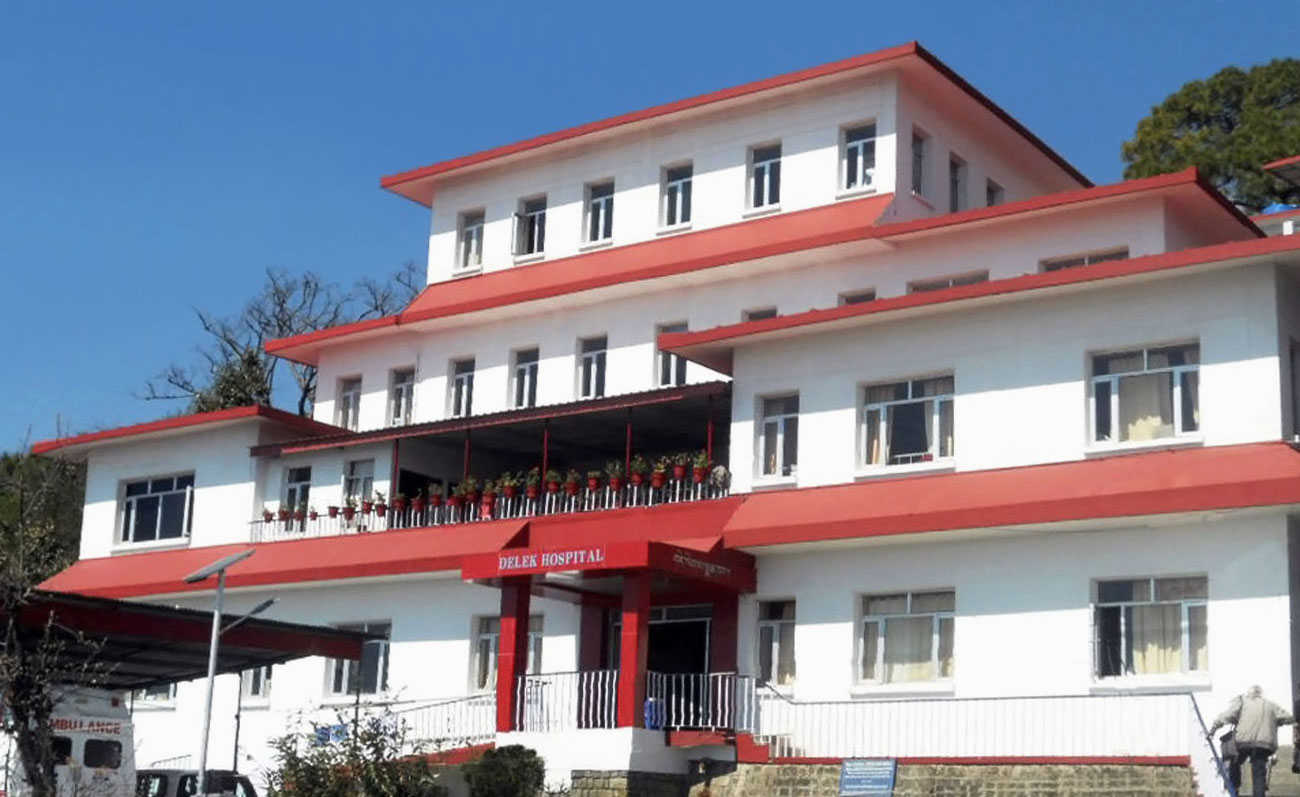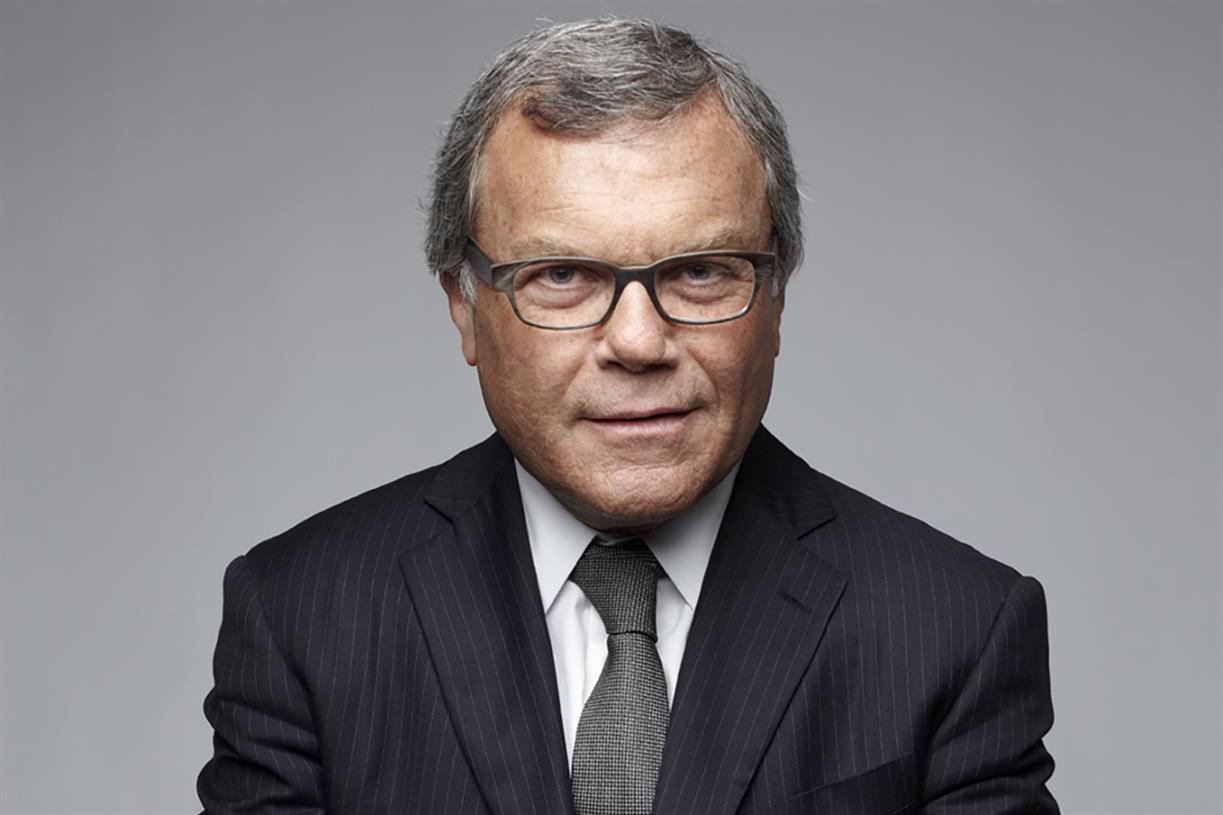Finding the Dharma at the Library
Librarian Eileen Ybarra explores how her practice and librarianship work together to serve her community through deep listening, mindfulness, and compassion. The post Finding the Dharma at the Library appeared first on Lions Roar.

Librarian Eileen Ybarra discovered the dharma at the public library. She explores how her practice and librarianship work together to serve her community through deep listening, mindfulness, and compassion.

Photo by Emil Widlund.
I have been a librarian for over twenty years and a dharma practitioner for almost the same amount of time. For years, my practice didn’t feel integrated into my profession. Meditation, reading dharma books, and going on retreats were all things I did in my free time. I had read that practice eventually becomes a whole life path, but it wasn’t until I experienced it myself that I fully understood what it meant. The benefits of dharma practice, especially the teachings on mindfulness and loving-kindness, have created so many opportunities to serve my community as a librarian.
My practice became a lived experience that didn’t take place only while meditating — it was imbued through my daily work. Mindful deep listening allowed me to be present in each moment, which enhanced my reference work immensely.
Growing up in a family of avid readers, my love of books began as soon as I could read. My mother often took me to the local public library, where I would check out as many books as possible. The library quickly became my first refuge and my second home. I discovered the dharma in my mid-twenties through books I found at the library. I checked out books-on-tape to practice meditation, eventually searching for in-person meditation classes. Years later, as my meditation practice matured, I began training to facilitate meditation groups myself and my career as a librarian.
My dharma practice and my career matured together, continually interweaving. Eventually, I realized that my life was not separate from my practice as I began to understand that I was always practicing dharma regardless of the activity, including my work. My dharma practice influenced how I showed up in both my personal and work life, influencing how I related to my mind, heart, and body. Library reference work created a great opportunity for dharma practice. I never knew what to expect when someone visited the reference desk with a question. As a librarian, my job was to help people find answers — from finding the latest novel to discovering German poetry or even acquiring instructions for car repair. The questions that arrived at the reference desk reflected the vast and diverse communities I served.
Recently, I’ve seen mindfulness courses and webinars offered for library workers. They’re often framed as practices for self-care or stress relief, but I think the benefits of mindfulness go beyond those. More importantly, they can extend beyond benefitting the self and be applied to active work. Library patrons can, too, be nourished by a librarian’s mindfulness practice.
Working with library patrons allowed me opportunities to practice right speech, mindful listening, and loving-kindness, with the intent to create a space where patrons could feel welcome and comfortable. My practice became a lived experience that didn’t take place only while meditating — it was imbued through my daily work. Mindful deep listening allowed me to be present in each moment, which enhanced my reference work immensely.
As a child, I saw the library not only as a place of refuge but a place of liberation and freedom. I work not only for the benefit of myself but for the benefit of all beings in the community I serve. I see library work as contributing to others’ liberation and freedom to learn, grow intellectually, and enrich one’s life.
As a dharma practitioner, I’m committed to a multi-faceted vision of freedom. The recent rise of books being banned from libraries and school shelves concerns me. I support any attempt to defend books staying on the shelves and available to everyone. I urge other practitioners to speak up for what is true and beneficial, such as free access to public library books.
I urge all practitioners to support their local public library by visiting, becoming a member, and making use of their public library’s resources. The overwhelming majority of public library cards are free to local residents. Public library resources are almost always free. For example, you can discover and check out books and browse digital collections, including ebooks & audiobooks, newspapers and magazines, print and digital, as well as local programming for all ages, and much more. Ultimately, the public library is a place of discovery and freedom of the mind. I encourage all to explore these possibilities of freedom through the dharma and your local public library.

 ValVades
ValVades 
































